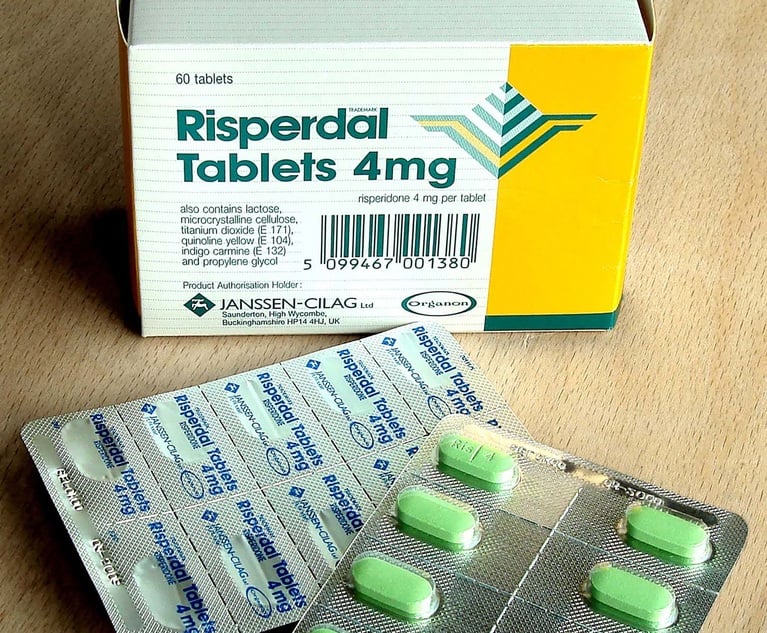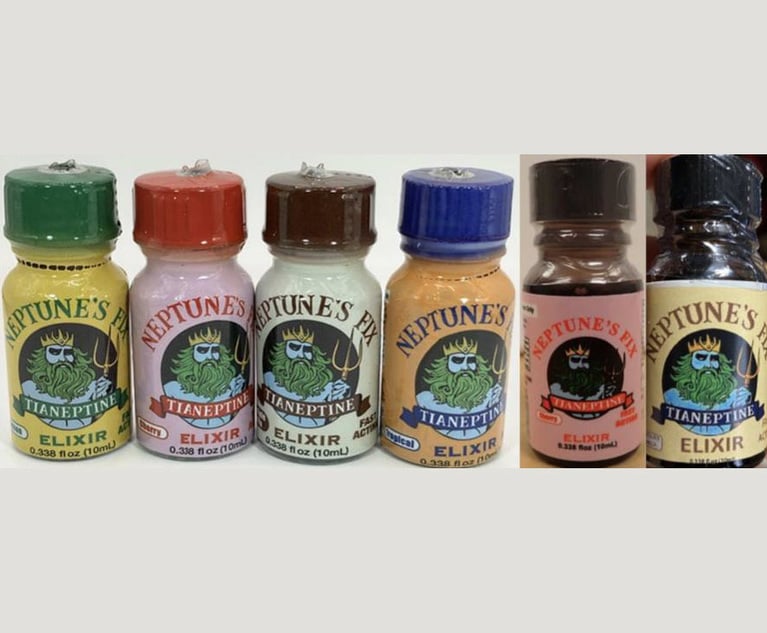The U.S. Court of Appeals for the Third Circuit ruled against a pair of pharmaceutical distributors in their constitutional claim against two private entities, finding that while the harm may be real, the claims missed a key element: a state actor.
However, the federal appeals court did allow one piece of the case to proceed under New Jersey’s common law.
PriMed Pharmaceuticals and Oak Drugs are small, secondary wholesale distributors of prescription drugs to pharmacies. Unlike their much larger counterparts who supply to chains such as Walgreens and CVS, PriMed and Oak Drugs supply independent pharmacies, nearly 90% of which have contracts with OptumRx, United Healthcare’s pharmacy benefit manager, according to the Third Circuit panel’s precedential May 19 opinion.
OptumRx announced that its network pharmacies could only purchase from accredited wholesale distributors, a certification issued by the National Association of Boards of Pharmacy. PriMed and Oak Drugs applied for accreditation and had their initial applications canceled by the NABP with little explanation as to why. They each resubmitted and were approved, but the damage was done. Both distributors had lost dozens of customers due to the delayed certification, according to the opinion.
PriMed and Oak Drugs claimed that NABP “violated their rights to due process by canceling their applications with little explanation and with no opportunity to challenge the result,” according to court documents. The distributors further claimed that since the accreditation requirements were more stringent than those of the Drug Supply Chain Security Act’s, NABP and OptumRx violated both the act and the Supremacy Clause of the U.S. Constitution.
Judge Thomas L. Ambro, writing for the court, said the “distributors’ amended complaint lodged a litany of claims against the defendants, including several § 1983 claims, a claim against NABP for violating the common law right to due process, and various tortious interference claims against OptumRx.”
Ambro stated that while it is possible private defendants such as OptumRX and NABP may be classified as state actors, the link must show “such a tight connection between a state and the challenged action that the state could be held responsible for that action.” His opinion called the claim an “uphill battle” and noted that its focus on the general public character of the NABP instead of showing it operated “under the color of state law” caused its failure. Ambro asserted that the U.S. District Court for the District of New Jersey correctly dismissed the § 1983 claim.
PriMed and Oak Drugs also claimed tortious interference with their client relationships by OptumRx requiring network pharmacies to only do business with accredited wholesalers. Ambro stated that this claim failed as the plaintiff’s did not establish malice, a requirement for a New Jersey tortious interference claim and affirmed the district court’s dismissal of the claim.
However, Ambro did allow the plaintiffs to proceed with their claim that NABP arbitrarily denied their applications for accreditation in violation of New Jersey common-law due process by adopting an “unreasonable and overboard interpretation of certain criteria.” The opinion stated that if the plaintiffs can prove the cancellation of their applications ignored evidence that they had met the criteria, then cancellation was “patently arbitrary and unreasonable.” Ambro reversed the district court dismissal and remanded on the due process claim.
Judges Stephanos Bibas and Jane R. Roth joined in the ruling.
Counsel for PriMed and Oak Drugs, Brian M. Culnan of Barclay Damon, was not immediately available for comment. The NABP, represented by Brian E. Casey of Barnes & Thornburg, and counsel for OptumRx, Jason R. Asmus of Taft Stettinius & Hollister, could not be reached for comment.
NOT FOR REPRINT
© 2024 ALM Global, LLC, All Rights Reserved. Request academic re-use from www.copyright.com. All other uses, submit a request to [email protected]. For more information visit Asset & Logo Licensing.








